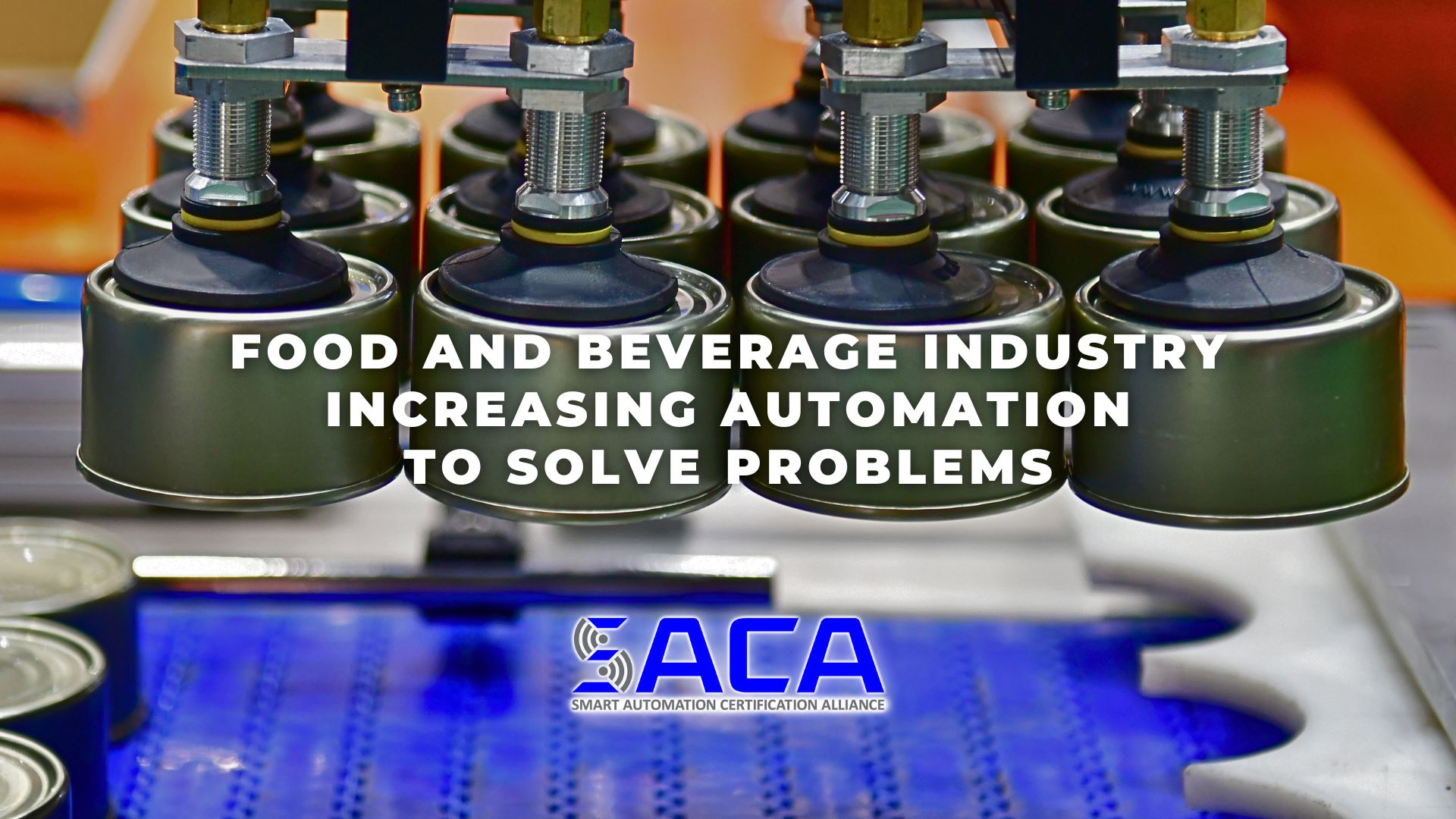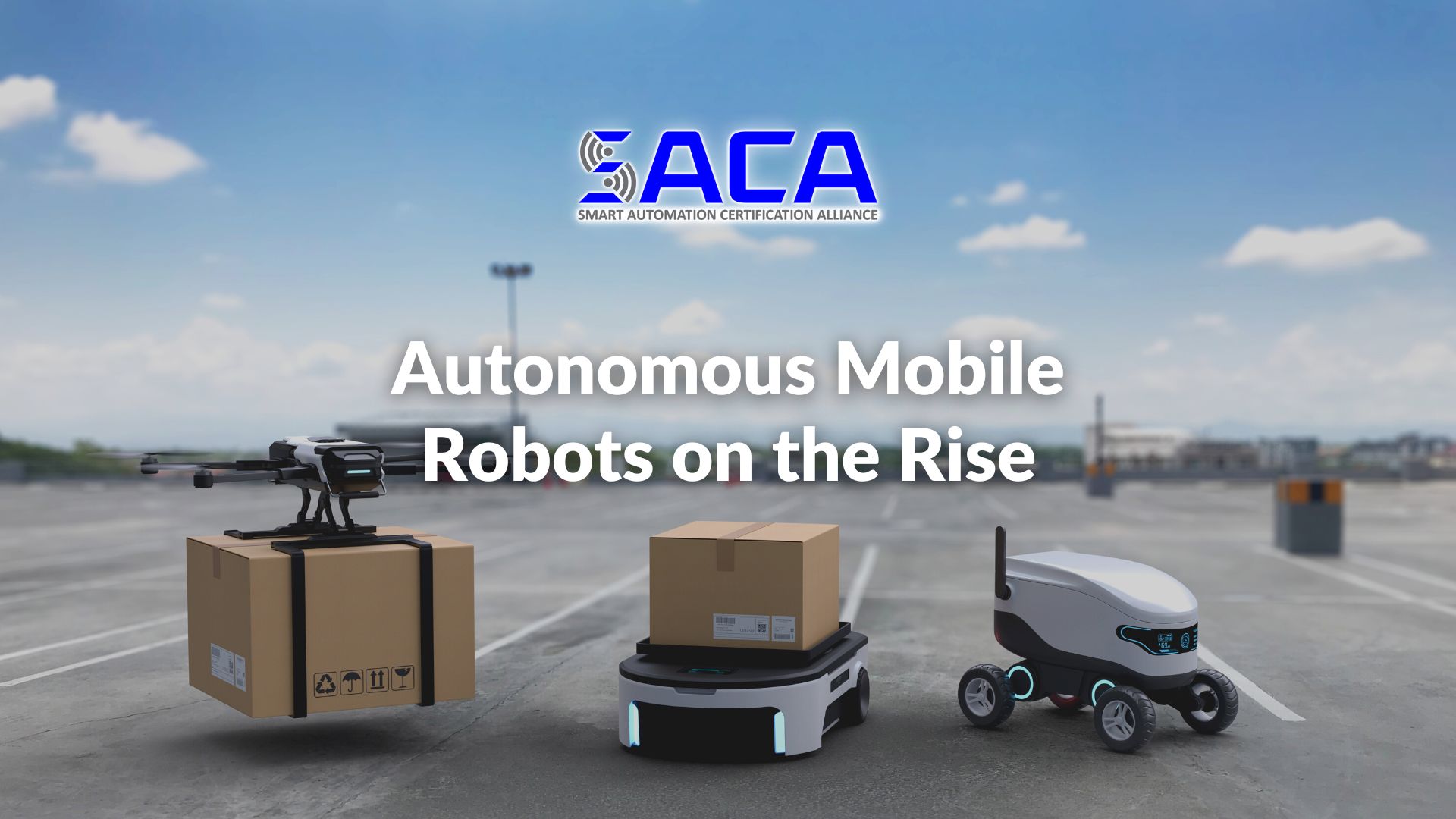
Manufacturers across the country and around the world share many of the same challenges in today’s fast-paced technological workplace. There’s always pressure to increase productivity and efficiency while struggling to manage labor shortages and a lack of enough skilled workers.
In the food and beverage industry, manufacturers must also stay on top of myriad regulations covering food safety. Like other manufacturers in adjacent industries, food and beverage manufacturers are increasingly turning to advanced automation technologies, like robots and cobots, to tackle the issues they face.
According to a recent Food Engineering article by Grant Gerke, “[c]obot and robot applications and overall automation investments in food plants have been vital to stemming ubiquitous workforce retention issues, overcoming limited space in food plants and increasing throughput.”
Gerke predicts “the next five years will see more innovation and expansion with cobot and robot applications, including delta pick-and-place product stations, mobile work cells and even autonomous mobile robot (AMR) technology at larger plants.”
For example, the author points out a new Tyson food production facility in Virgina that “features high-speed automated case packing lines and high-speed robotic case palletizing units.” Gerke insists “the robust trend of food companies eliminating plants, reorganizing and investing in automation and smart manufacturing plants isn’t going away.”
What’s driving the automation push? In many cases, it’s the ongoing skills gap problem that has left many manufacturers with a persistent labor shortage. According to Universal Robots’ Chris Savoia, “[e]mployee retention is one of the most significant factors driving the adoption of cobots in secondary packaging. The high turnover rates and difficulty recruiting and training staff for repetitive, labor-intensive jobs have forced many companies to reconsider their approach.”
Of course, humans are still an integral piece of the food and beverage manufacturing puzzle. As more and more advanced automation technologies are implemented, even more highly skilled workers are needed to install, operate, maintain, troubleshoot, and repair these systems.
Unfortunately, finding highly skilled workers remains a significant challenge. How can employers find the workers they need? And how can they be sure that workers have the hands-on skills they need to succeed in the modern workplace? Today, more and more employers are looking for workers with industry-standard certifications that prove they have the skills needed.
For example, if workers possess a certification from the Smart Automation Certification Alliance (SACA), employers can feel confident they’ve already proven they have the knowledge and hands-on skills needed for working with advanced smart automation technologies. SACA has been hard at work collaborating with industry leaders to develop a wide variety of industry-standard certifications that will help employers find workers who possess the advanced connected-systems skills they need to take their businesses to the next level. Be sure to check out SACA and all it has to offer!





